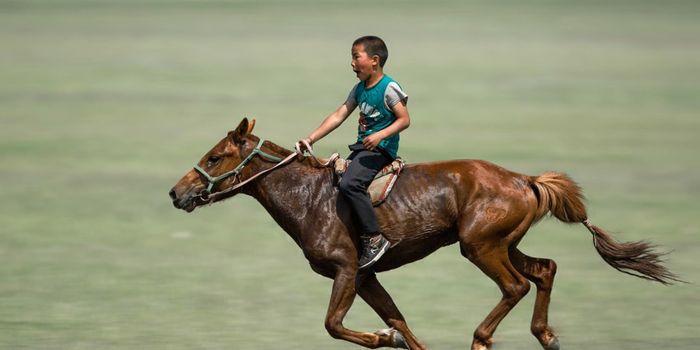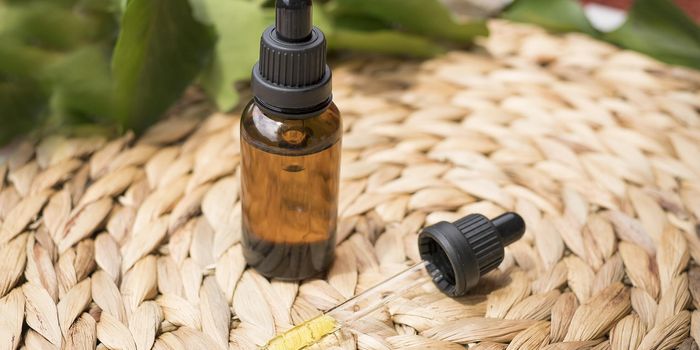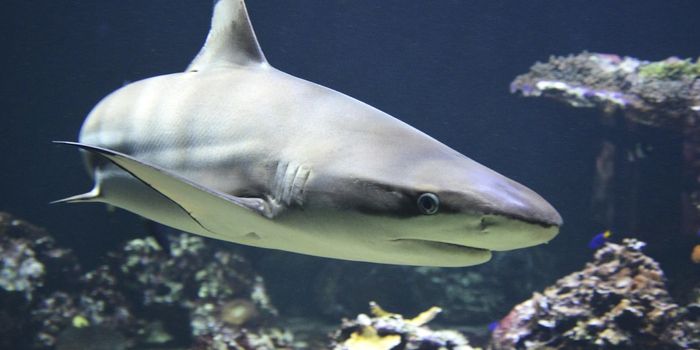New Breast Cancer Vaccine Shows Promise in Mice
In recent years there has been an intense focus on the development of vaccines for breast cancer. The strategy employed is to get the immune system to see cancer cells as foreign invaders that have to be destroyed; they use the natural defense systems of the human body to battle cancer. Researchers at the University of Copenhagen and the University of Bologna have now developed a vaccine for what is commonly called HER2-positive breast cancer, which causes around 25 percent of cases. Testing performed in a mouse model shows promise and has been reported in OncoImmunology.
To get the immune system to identify cancer cells as foreign, the scientists added a molecule called an antigen, normally found on the surface of cancer cells, to a virus-like particle. Typically, the immune system has a hard time telling the difference between healthy and cancerous cells. The added antigen acts to provoke a robust immune response to cancer.
“Our virus-like particle with the added cancer antigen makes the body believe it is under attack. This makes the immune system produce large amounts of antibodies targeted at the cancer antigen, which then fights the cancer cells in the mice,” explained study author Adam F. Sander, an Associate Professor from the Department of Immunology and Microbiology.
The vaccine was shown to not only have a preventive effect, but it can also have an impact on cancer that already developed. Two different mouse groups illustrated this.
Mice genetically engineered to develop two kinds of breast cancer spontaneously were exposed to the vaccine. One group developed cancer, but the tumors were significantly smaller than usual, and there were fewer of them. In the other group, vaccinated mice did not get cancer at all. This showed that depending on the genetic variant carried by the mice, the vaccine stopped breast cancer before it started in 50 to 100 percent of cases.
Other tests used mice that already carried cancer at the time of treatment with the vaccine. These mice carried tumor fragments or with human cancer cells. The vaccine cured 80 percent of the mice with tumor fragments. The mice that received human cancer cells and the vaccine did get cancer, but it developed far more slowly than usual.
In another set of experiments, blood was taken from mice that had produced antibodies because of the vaccine. That blood was put on human cancer cells; the researchers found that the antibodies bound to these human cancer cells.
HER2-positive breast cancer is currently treated using a lot of antibodies that battle it, which takes a long time. This is an expensive treatment which has serious side effects. The immune system can also build up a tolerance to the antibodies over time, making them ineffective. The researchers think that their new vaccine will be much more affordable if they can recapitulate its effects in humans.
“What is exciting about our treatment technique is that it makes the body do the work. We do not inject foreign antibodies, but leave it to the body to produce them,” said study author Susan Thrane, a postdoctoral fellow.
The researchers are hopeful that soon, human trials to test this vaccine will happen.
Sources: AAAS/Eurekalert! Via University of Copenhagen, Oncology Journal, OncoImmunology










